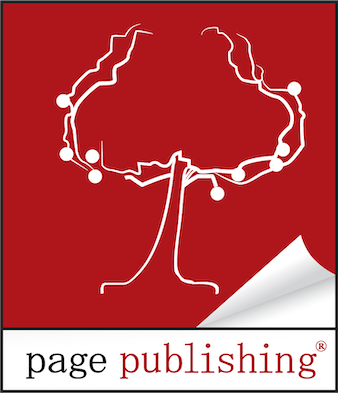
In the vast and diverse world of literature, books come in a multitude of genres, each offering a unique experience for readers. Whether you’re an avid reader or aspiring writer, understanding the different genres can enhance your literary journey. This guide aims to break down various book genres, providing insights for both readers seeking their next favorite book and writers looking to navigate the complex landscape of genre writing.
Defining Genres: What Are They?
Genres are essentially categories that help classify and organize books based on common themes, styles, and narrative elements. They serve as a roadmap for readers, allowing them to choose books that align with their preferences. For writers, genres provide a framework to create stories that resonate with a specific audience.
The Core Genres: Fiction and Non-Fiction
Fiction: This broad category encompasses storytelling that is not based on real events. Within fiction, there are numerous genres such as mystery, romance, science fiction, fantasy, and historical fiction, each offering a distinct flavor of imaginative storytelling.
Non-Fiction: This genre is rooted in real-life events, presenting information in a factual and informative manner. Subgenres include biographies, memoirs, essays, and self-help books.
Exploring Popular Fiction Genres
Mystery and Thriller: Packed with suspense and intrigue, mystery and thriller novels challenge readers to solve a puzzle or navigate through tense situations. Authors like Agatha Christie and Dan Brown are well-known in this genre.
Romance: Focused on love and relationships, romance novels explore the emotional intricacies of human connections. From historical romance to contemporary love stories, there’s a subgenre for every romantic taste.
Science Fiction and Fantasy: These genres transport readers to otherworldly realms, pushing the boundaries of imagination. Think J.R.R. Tolkien’s Middle-earth or the futuristic worlds of Isaac Asimov.
Historical Fiction: Set against historical backdrops, these novels blend fiction with real events, offering a captivating way to learn about the past. Authors like Hilary Mantel and Ken Follett excel in this genre.
Non-Fiction Genres: A World of Information
Biography and Memoir: These genres provide insights into the lives of real people. Biographies offer a comprehensive overview, while memoirs focus on personal experiences, often written by the subject.
Self-Help: Designed to inspire personal development, self-help books offer guidance on various aspects of life, from productivity to mindfulness. Authors like Brené Brown and Dale Carnegie are prominent in this field.
History and Current Affairs: For readers seeking a deeper understanding of the world, history and current affairs books provide context and analysis of significant events.
Crossing Boundaries: Genre Blending and Hybrid Genres
In the constant evolving world of literature, authors are increasingly pushing the boundaries of traditional genres, giving rise to innovative and unique storytelling. The once rigid lines separating genres are now becoming blurred, and this shift has given birth to a fascinating realm of hybrid genres and genre blending. Here’s a closer look at how authors are creatively crossing boundaries:
Historical Fantasy: Combining elements of historical fiction with the imaginative aspects of fantasy, historical fantasy transports readers to worlds where magic and history intertwine seamlessly. Authors like Susanna Clarke in “Jonathan Strange & Mr. Norrell” weave enchanting tales set against historical backdrops but with a magical twist.
Romantic Suspense: Merging the intensity of a thriller with the emotional depth of a romance novel, romantic suspense keeps readers on the edge of their seats. Writers like Nora Roberts skillfully balance love stories with gripping suspense, creating a genre that caters to fans of both excitement and emotion.
Science Fantasy: Blurring the lines between science fiction and fantasy, this genre introduces futuristic or scientific elements into fantastical settings. Think of Frank Herbert’s “Dune,” where advanced technology coexists with mystical elements, creating a rich and complex universe.
Whether you’re a reader searching for your next literary adventure or a writer crafting your own masterpiece, understanding book genres is crucial. Genres serve as bridges, connecting authors with their target audience and guiding readers to the stories that resonate with their interests. So, the next time you pick up a book or sit down to write, consider the vast world of genres waiting to be explored and embraced.
